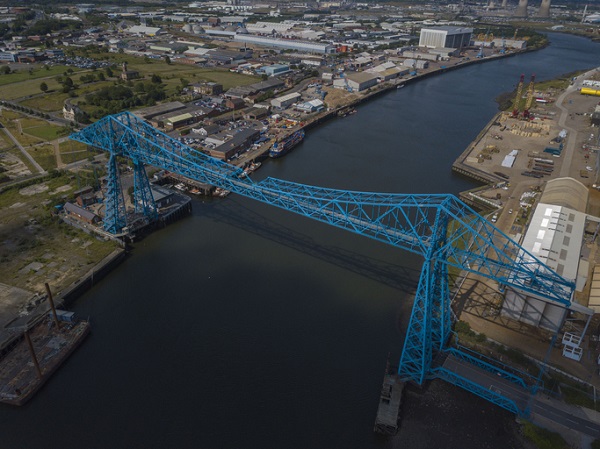It is regularly suggested in the media that so called ‘Red Wall’ Conservative MPs are providing a backbone of support for Boris Johnson within the parliamentary Conservative party – the body that remains the single judge, jury and executioner of the prime minister’s future.
However, a study of the public statements of Red Wall MPs by this website suggests they are no more supportive of Boris Johnson than their colleagues.
Red Wall MPs make up 51 of the current 359 MPs within the parliamentary Conservative party. These are the MPs from the Midlands, north Wales, and the north of England, all of whom gained their seats from Labour since the 2017 General Election. As it stands:
- 27 of the 51 Red Wall MPs have made public statements or provide indications that they are supportive of the PM (53%), compared to 161 of the 359 Conservative MPs as a whole (45%).
- 13 of the 51 Red Wall MPs (25%) currently appear as if they might be inclined towards a change in party leader. This is only marginally lower than the 33% within the parliamentary Conservative party as a whole (121 from 359).
- 11 Red Wall Conservative MPs (22%) have yet to give any meaningful public ‘tell’ as to their feelings on Boris Johnson’s future. This is again an almost identical proportion to Conservative MPs as a whole.
The split amongst Red Wall Conservative MPs therefore simply reflects the split within the wider parliamentary Conservative party.


Conservative MPs across all of the party’s marginal seats, not just those in the Red Wall, remain divided as to whether Boris Johnson represents their best chance of them keeping their jobs. There are plenty who now regard the PM as an electoral liability, but without an obvious ‘big beast’ replacement in Conservative ranks, there are others who take the opposite view. Many of the latter still retain latent gratitude to Mr Johnson for their 2019 success.
Outside of those camps, a quarter of the Conservative MPs (31 MPs) representing the party’s 120 most marginal seats have yet to give any public indication of their views towards the prime minister’s future.
At the moment, there is a daily drip of fresh MPs breaking cover to call for the PM to go. Yet nearly all of these are MPs are already known to have become hostile to Mr Johnson. Although they create the impression that the prime minister’s position is weakening, the optics can be misleading.
There are in fact at least 68 Conservative MPs who can be considered outwardly hostile to Mr Johnson. That is more than enough to keep the daily drip going for some time, and certainly enough ‘letter writers’ to force a vote of no confidence in the prime minister.
Yet less well observed is that there is a rival camp of as many as 161 Conservative MPs who appear relatively loyal to the PM.
For all the media hype, the number of Johnson loyalists explains why the Conservative leader’s opponents have yet to make their move.
As it stands, the PM would appear to have a good chance of securing the 180 votes he needs to stay in post in any confidence vote. Should he do so, that would provide him a year of grace from a fresh challenge. At the end of that period, particularly given the time it takes to perfect a Conservative leadership contest, it would most likely be too close to a general election for Conservative MPs to then effect a change.
In a Machiavellian world, an early contest may even appear attractive to the prime minister.
By now, views on the merits and implications of the prime minister’s ‘partygate’ conduct, both in his management of Downing Street and in the honesty of his statements to the House of Commons, are surely ‘baked in’. This applies just as much to Conservative MPs as it does with members of the public.
In turn, it is future events that would seem more likely to dictate the longevity of Mr Johnson’s tenure in post.
For the prime minister, the most worrying of these would seem to be the impact of the worsening economic situation on the opinion polls. A large unexpected wave of well-timed ministerial resignations could also risk making things uncomfortable for Mr Johnson.
Yet it is potentially more complicated than that. There are a whole host of unforeseen events that could yet come in to play. These could include a worsening of the international situation with Russia, internal upheaval in the Labour party (particularly in light of the Durham police investigation), the health of the monarch, the potential for a virulent new covid strain, or even a whole new political scandal.
Against this background, any excessive focus on the current attitudes of the 51 Red Wall Conservative MPs is misplaced.
They appear no more likely to be swing voters than their parliamentary colleagues.












